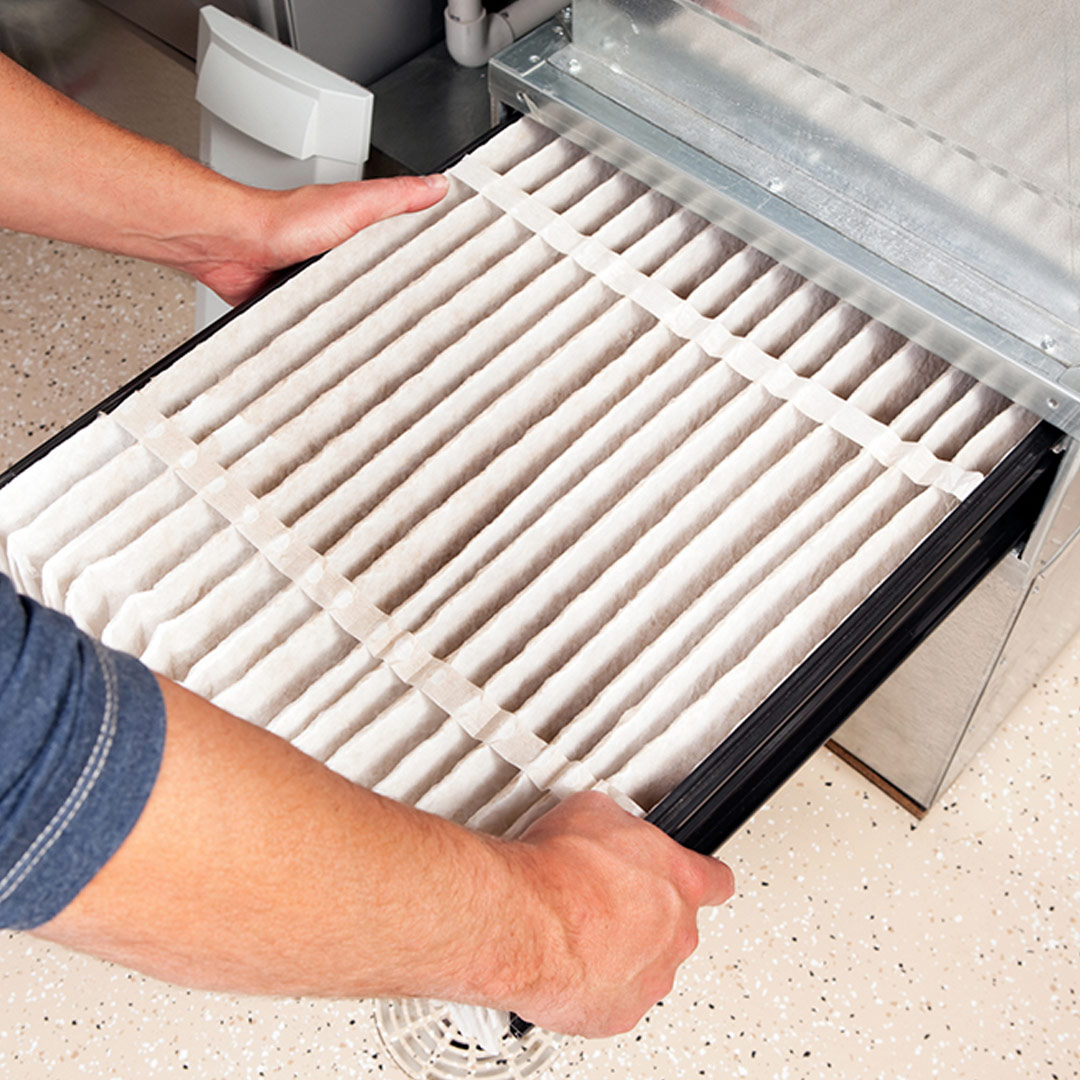Whether you’re a homeowner or managing a commercial property, maintaining your HVAC (Heating, Ventilation, and Air Conditioning) system is crucial for ensuring a comfortable and healthy indoor environment. One of the simplest yet most impactful maintenance tasks is regularly changing the HVAC filters.
Let’s explore why keeping your filters clean is essential for both residential and commercial systems.
1. Improved Air Quality
Air quality is a major concern for many, especially those with allergies or respiratory issues. HVAC filters are designed to capture dust, pollen, pet dander, and other airborne particles, preventing them from circulating throughout your home or business. Over time, these filters can become clogged, reducing their effectiveness and allowing pollutants to accumulate indoors. By regularly replacing your filters, you can maintain better air quality and create a healthier environment for your family, employees, or customers.
2. Enhanced Energy Efficiency
A clean filter allows air to flow freely through your HVAC system, making it more energy-efficient. When filters become clogged with dirt and debris, your system has to work harder to maintain the desired temperature, which can lead to higher energy consumption and increased utility bills. According to the U.S. Department of Energy, replacing a dirty filter with a clean one can lower energy consumption by 5% to 15%. Whether in a home or commercial setting, this efficiency translates to significant savings over time.
3. Prolonged System Lifespan
Your HVAC system is a significant investment, and regular maintenance is key to ensuring it lasts as long as possible. Dirty filters can cause your system to work overtime, leading to wear and tear on vital components such as motors, fans, and coils. By keeping filters clean, you reduce the strain on your system, minimize the risk of breakdowns, and avoid costly repairs. This simple maintenance task can add years to the lifespan of your HVAC system, saving you money in the long run.
4. Consistent Temperature Control
One of the main functions of an HVAC system is to provide consistent and comfortable temperatures throughout your home or business. A clogged filter can hinder airflow, resulting in uneven temperatures and hot or cold spots. Regularly changing your filters ensures optimal airflow, allowing your system to maintain the desired temperature effectively and keeping everyone inside comfortable.
5. Reduced Environmental Impact
For those looking to minimize their environmental footprint, maintaining an efficient HVAC system is essential. Clean filters help your system run more efficiently, reducing the amount of energy needed to heat or cool your space. This not only lowers your energy bills but also decreases your overall carbon footprint. Many HVAC filters are also recyclable, making it easier to dispose of them in an environmentally responsible manner.
How Often Should You Change Your HVAC Filters?
The frequency of filter changes depends on several factors, including the type of filter, the specific environment, and system usage. As a general rule, it’s recommended to inspect filters every month and replace them every 1-3 months. Homes with pets or individuals with allergies may require more frequent changes.
For commercial properties, factors like foot traffic and specific air quality needs can affect how often filters should be replaced. Consulting with an HVAC professional can help you determine the best schedule for your situation.
The takeaway?
Changing your HVAC filters is a small task with significant benefits. From improving air quality and energy efficiency to prolonging your system’s lifespan and reducing your environmental impact, clean filters play a vital role in maintaining a healthy and comfortable indoor environment. Make filter maintenance a priority, and enjoy the benefits of a well-functioning HVAC system in your home or business.

